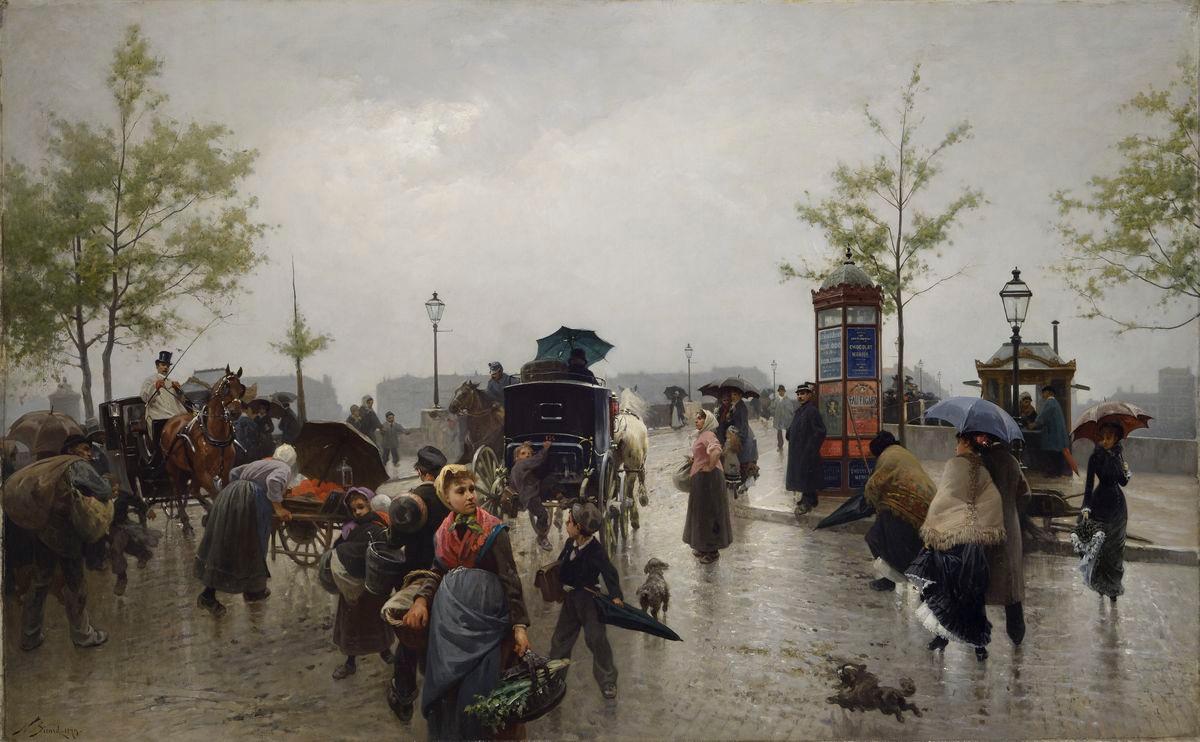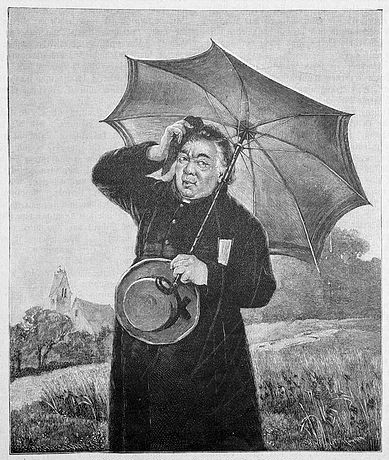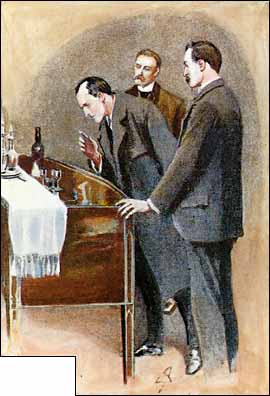
hyetal
adj. of or belonging to rain

hyetal
adj. of or belonging to rain

belute
v. to cover with mud or dirt
lutose
adj. covered with mud
squage
v. to dirty with handling
Every regulation major league baseball, roughly 240,000 per season, is rubbed with “magic mud” from a single source, a tributary of the Delaware River. It’s harvested by a single man, 62-year-old Jim Bintliff, who keeps the precise location secret even from Major League Baseball.
“I know the mud,” he told Sports Illustrated. “I’m the only one on the planet who does.”
(Thanks, Peter.)

canicular
adj. pertaining to the dog days

philargyry
n. love of money
pismirism
n. hoarding of money; miserliness
ingordigious
adj. greedy, avaricious
pleonectic
adj. excessively covetous, avaricious, or greedy

porculation
n. the feeding or fattening of pigs
(Thanks, Rob.)

dungeonable
adj. malicious, damnable; devilish
paracosm
n. a detailed imaginary world, especially one created by a child
When English curate Patrick Brontë brought home a box of wooden soldiers in June 1829, his 12-year-old son Branwell shared them with his sisters. “This is the Duke of Wellington! It shall be mine!” cried 13-year-old Charlotte, and 11-year-old Emily and 9-year-old Anne took up heroes of their own. In the children’s shared imagination, the “Young Men” traveled to the west coast of Africa; settled there after a war with the indigenous Ashantee tribes; elected Arthur Wellesley, the Duke of Wellington, as their leader; and founded the Great Glass Town at the delta of the River Niger.
After 1831 Emily and Ann “seceded” to create a separate imaginary country, Gondal, and after 1834 Charlotte and Branwell developed Glass Town into yet another imaginary nation, Angria. In various combinations the four edited magazines, wrote histories, and composed stories, poems, and plays about these shared fantasy worlds, with alliances, feuds, and love affairs that play out across Africa and the Pacific.
These writings eventually filled 484 pages before maturing interests inevitably sent the Brontës in different directions, but this early work helped to shape the themes and styles of their later poems and novels.
poecilonym
n. a synonym for synonym

epigon
n. one of a later generation
If we decide today that the world would be better off with a smaller population, and take steps to bring this about, then we’re denying life to future people who would otherwise have existed. Is this wrong?
“This difficulty is obvious when we ask, ‘For whom would it be better to have a larger or a smaller population?'” write philosophers Axel Gosseries and Lukas H. Meyer. “For someone whose very existence is contingent on the demographic decision at stake, how can we possibly say that a larger population or a smaller one would, ceteris paribus, be better?”
(Axel Gosseries and Lukas H. Meyer, eds., Intergenerational Justice, 2009.)

scrutator
n. a person who investigates
callid
adj. cunning or crafty
potpanion
n. a drinking companion
nocent
adj. guilty
In “The Adventure of the Abbey Grange,” a bottle of wine is two-thirds full and then half empty, without explanation.
In The New Annotated Sherlock Holmes, Leslie S. Klinger writes, “Perhaps Holmes poured some wine off to conduct an actual experiment, instead of simply imagining the result.” Or perhaps Holmes and Watson drank it themselves.